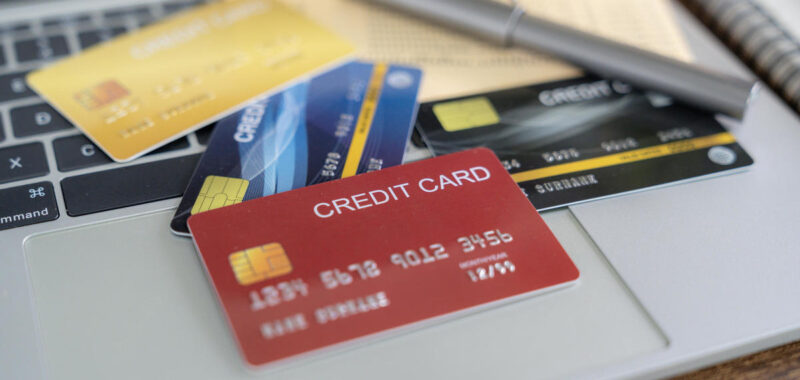U.S. consumers collectively owe a record $1.14 trillion in credit card debt, figures released Tuesday by the Federal Reserve Bank of New York show. That’s $27 billion more than the $1.13 trillion in credit card debt they carried during the second quarter of 2024.
The high tally comes amid concerns of an economic downturn triggered by modestly rising unemployment, and as soaring costs in food, housing and auto rates continue to drain household budgets. Americans have increasingly been relying on credit cards to make ends meet, with 6 in 10 adults, or 60%, using credit cards to buy groceries in 2023, according to a May report by the Urban Institute.
Prolonged debt also plays a factor in the historic amount as more Americans fall behind on their credit card bills. About 7.18% of cardholders fell into delinquency in the second quarter, up from 5% in the previous quarter, Fed statistics show.
“More people are carrying more debt for longer periods of time,” Ted Rossman, senior industry analyst at Bankrate, said in a statement.
Americans paid down some of their credit card debt in 2020, using pandemic-related federal stimulus funds, Rossman noted. But beginning in 2021, credit card balances “rocketed upward by 48%, fueled by a post-pandemic boom in services spending as well as high inflation and high interest rates,” he added.
A 2022 report from CreditCards.com found that 60% of credit card holders had been carrying balances on their cards for at least a year, up 10% from 2021.
Rising interest rates
Compounding the problem is the soaring price of plastic, as interest rates on credit cards also continue to reach record highs. The average interest rate on a new credit card is now at 24.84%, the highest since LendingTree started tracking rates in 2019.
Debt owed on mortgages and auto loans also climbed by $77 billion and $10 billion, respectively, according to the Fed’s data. Total consumer debt grew to $17.8 trillion.
A three-day stock market rout roiling Wall Street is prompting some experts to question whether the Federal Reserve could enact an emergency rate cut before its September meeting. Should that happen, credit card companies could lower their APRs in response, LendingTree credit analyst Matt Schulz told CBS News, providing some relief for borrowers in the months ahead.

